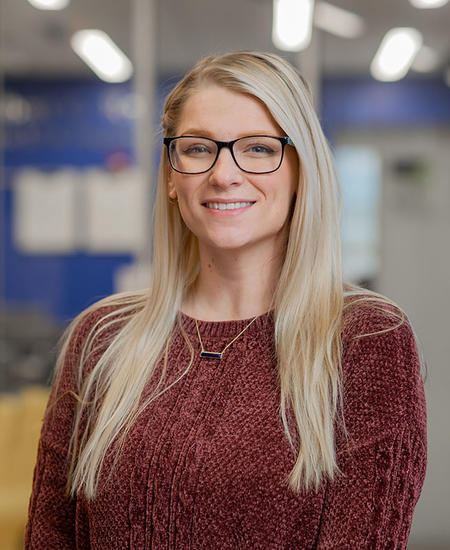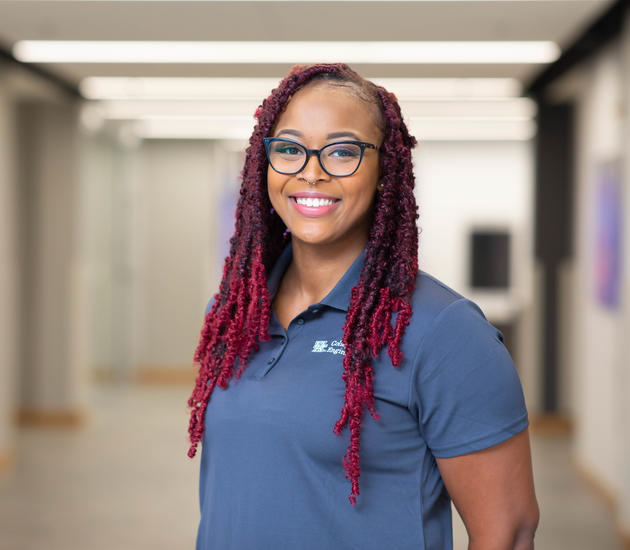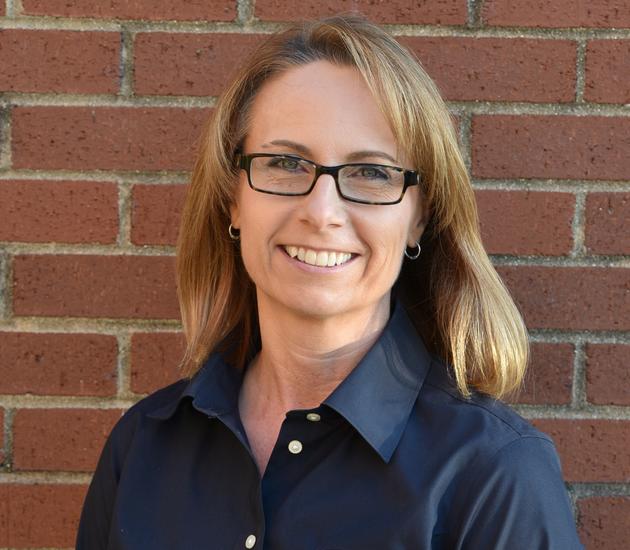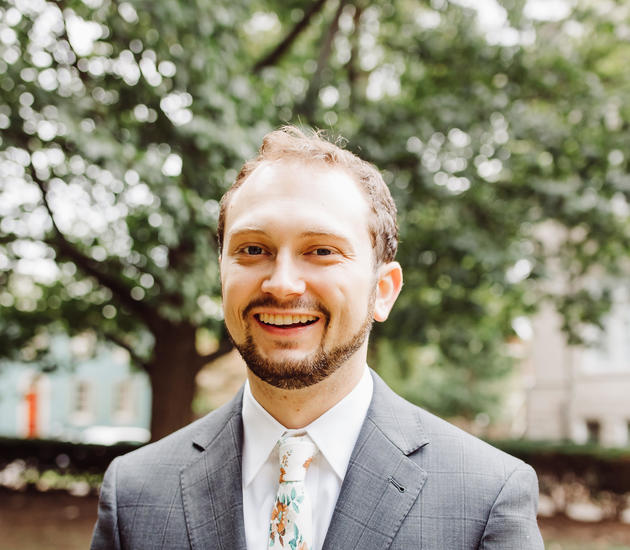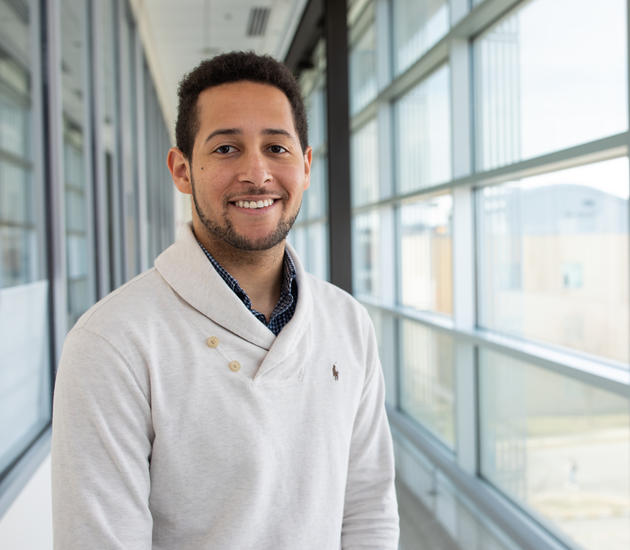By Juliana Palomino
“Why would you do something if you’re not passionate about it?”
This philosophy has led junior Katharine Estep through a plethora of academic options to find her niche as a biosystems engineering major at the University of Kentucky.
Originally from Somerset, Kentucky, Katharine attended community college, where she took a wide variety of classes. She’d grown up loving the environment—she’s a self-described tree hugger—but wasn’t sure where to channel that excitement.
“Science classes didn’t quite click for me. But then I took a computer drafting class where we used 3D printers to make prosthetics specialized to individual bones. I realized math and the biological world could work together,” she remembers. “That sold me.”
Through word of mouth she heard about the biosystems engineering program at UK, which offered the perfect blend of her interests. In fall 2016 she enrolled in classes and hasn’t looked back.
“A favorite class of mine was stream restoration. We worked at individual streams, evaluating factors like chemical composition, flow rate, and stream width,” says Katharine. “I’ve always appreciated the environment as a bystander, but there were so many things that I didn’t realize you could monitor and quantify.”
Katharine also works at the Kentucky Industrial Assessment Center, which provides free energy and productivity assessments to industrial facilities around the state. Katharine and her team have visited industries varying from Toyota plants to food processing plants, and they use IR cameras and ultrasonic leak detectors to monitor the plant’s energy usage.
They’ve helped many plants save tens of thousands of dollars a year in energy bills through small changes, such as using timed lights or blocking leaks. This benefits both the factories and the environment.
“Everyone wins in this situation,” says Katharine.
As the lead student on the team, Katharine contacts the facilities to organize meetings and directs several other students in gathering data. Her role has taught her many new skills, from professionalism to public speaking.
“I felt nervous taking on this role at first, but faculty members encouraged me to try,” she says. “Every step of the way, they’ve really supported me.”
Indeed, Katharine credits much of her overall success in the field to the UK faculty who have believed in her.
“I can go to any faculty member, any time, with any question, and they’ll sit down and help me figure it out,” she says. “For them it’s not about money or glory. They just love what they do. That’s more inspiring to me than anything else.”
After receiving her bachelor’s degree in December 2019, Katharine will begin working for the Department of Energy. A grant from this department will allow her to attend school part-time as well, so that she can earn her MSBAE. From there, she’s open to anything.
“Biosystems engineering opens you up to so many possibilities,” she says. “Now that I’ve found this passion, I feel prepared to go anywhere.”
